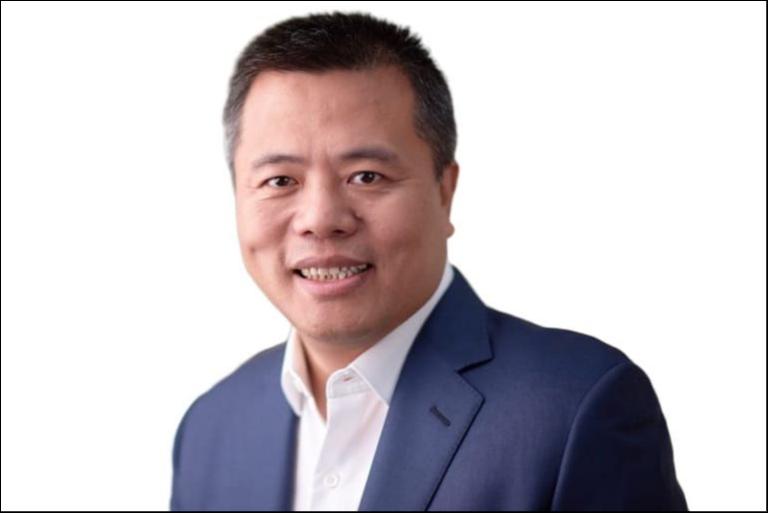
AsianFin -- Billionaire innovator and philanthropist Chen Tianqiao has made a rare public appearance, calling for long-term commitment in brain-computer interface (BCI) investment and warning against applying short-cycle internet-era playbooks to deep tech fields like neuroscience and artificial intelligence.
Chen, founder of Shanda Group and the Tianqiao & Chrissy Chen Institute for Neuroscience, praised China’s rapid progress in the BCI sector—particularly in Shanghai—as “truly encouraging,” noting the increasing number of startups, expanding funding rounds, and state-backed initiatives fueling the momentum.
“Four years ago, BrainCo was almost the only invasive BCI startup in China,” Chen said, referencing his early investment in the Shanghai-based company founded by Professor Tao Hu. “Now, the landscape has changed dramatically. Brain-computer interfaces have become a focal point globally, and the sector is attracting leading investors from both state-owned and private capital.”
BrainCo, developed by a team from the Shanghai Institute of Microsystem and Information Technology at the Chinese Academy of Sciences, has since become one of the country’s most recognized players in invasive BCI. The company was named a top enabler of science and technology innovation by the city of Shanghai and is a frequent awardee at the World Artificial Intelligence Conference. Shanda Group is its largest institutional backer.
A Call for "Patient Capital"
Chen’s remarks come as China’s broader science and technology investment community reassesses its strategies in the post-internet era. He cautioned against treating brain-computer interfaces as “just the next money-making trend,” citing Neuralink’s eight-year journey before monetization.
“True technology innovation needs time,” Chen said. “If investors expect quick exits, IPOs, or immediate licensing, they will end up undermining the very breakthroughs they seek.”
Instead, he championed the concept of “patient capital” — sustained financial and intellectual support that enables startups to endure the long cycles of fundamental research, product validation, and market adoption. “Capital should empower innovation,” Chen said. “It should not just chase short-term returns.”
Chen added that Shanda is committed to being such a capital partner, supporting companies like BrainTiger Technology, a BCI startup founded by Tao Hu after leaving his prestigious research post at the Chinese Academy of Sciences. “We are not just investing money. We are building platforms, assembling world-class teams in EEG models, decoding algorithms, and AI systems to give BrainTiger an edge in global competition.”
BrainTiger recently achieved a globally recognized breakthrough in real-time Chinese language and motion decoding, which earned coverage in Nature. Chen called the achievement “as difficult as any Neuralink milestone,” and said the team’s future ambitions include visual reconstruction and memory downloading.
The company’s founding is also becoming a case study in China’s evolving hard-tech ecosystem. According to Chen, many early-stage investors walked away when told the output cycle could exceed 10 years. “I told Tao Hu: even 10 years might not be enough — it could take 20 or 30 — but I am willing to wait.”
Chen praised Hu’s decision to leave academia to fully commit to entrepreneurship. “He is among the very few willing to burn the ships behind him — to give up decades of academic achievement for a chance to change the world through deep tech.”
China’s hard-tech startup boom has recently cooled amid concerns over commercialization delays and founder inexperience. Chen acknowledged the challenges but said the solution lies in building a robust innovation ecosystem.
“Scientists don’t just need funding — they need partners who understand the technology and believe in the mission,” Chen said. “With the right support system, companies like BrainTiger can emerge not only as China’s Neuralink but potentially surpass it.”
As Chen reemerges on the tech stage, his message to investors is clear: Don’t rush. Back bold ideas. And prepare for the long haul.

更多精彩内容,关注钛媒体微信号(ID:taimeiti),或者下载钛媒体App

